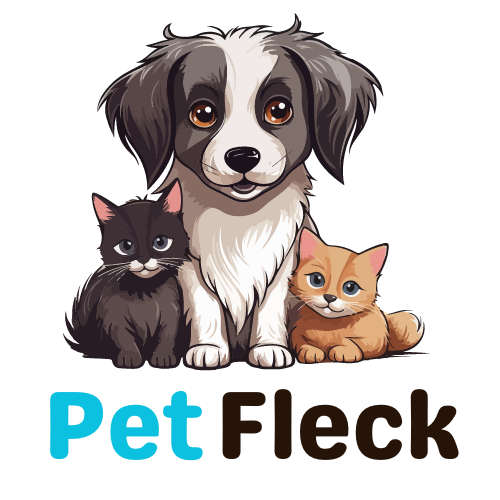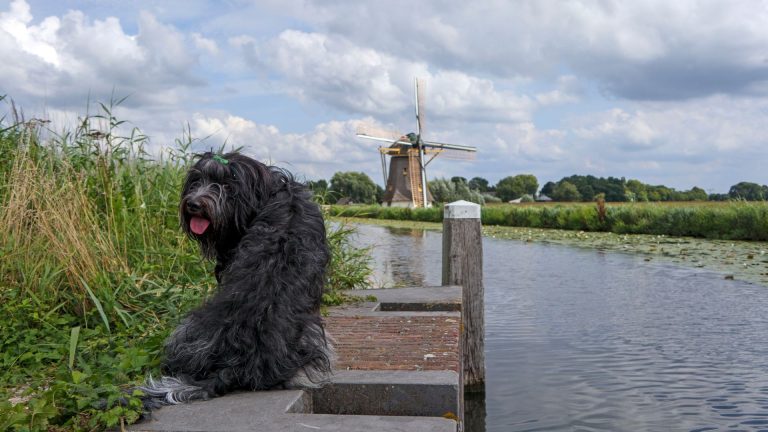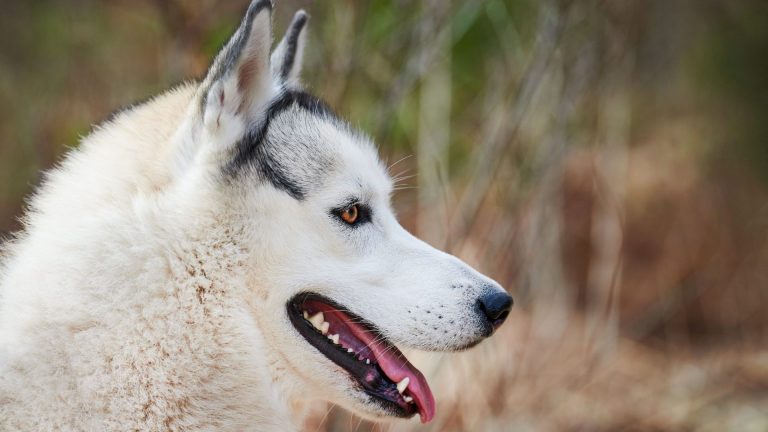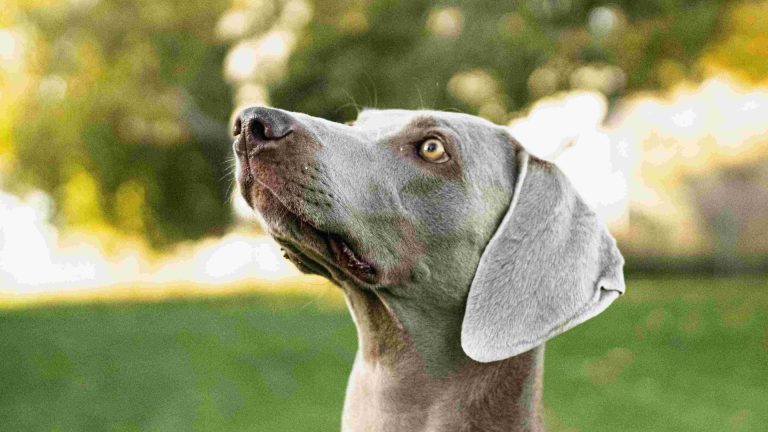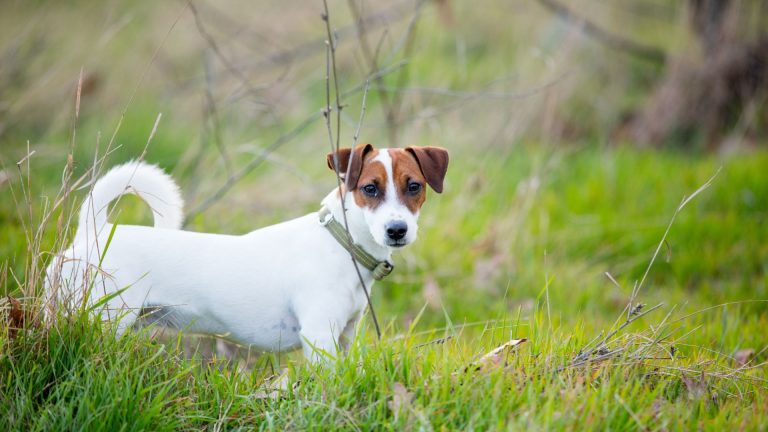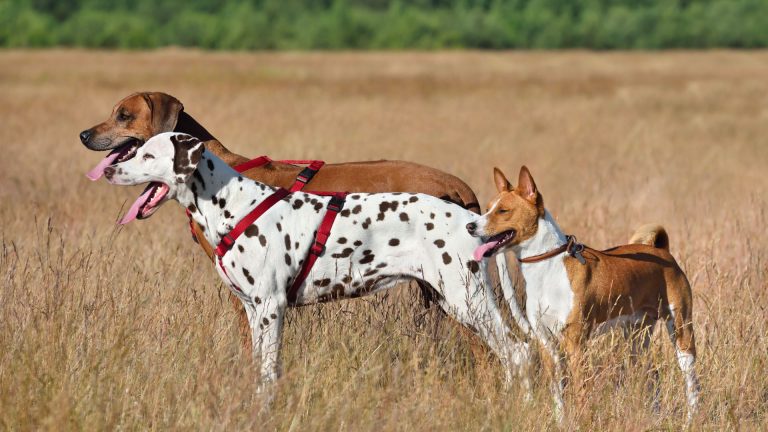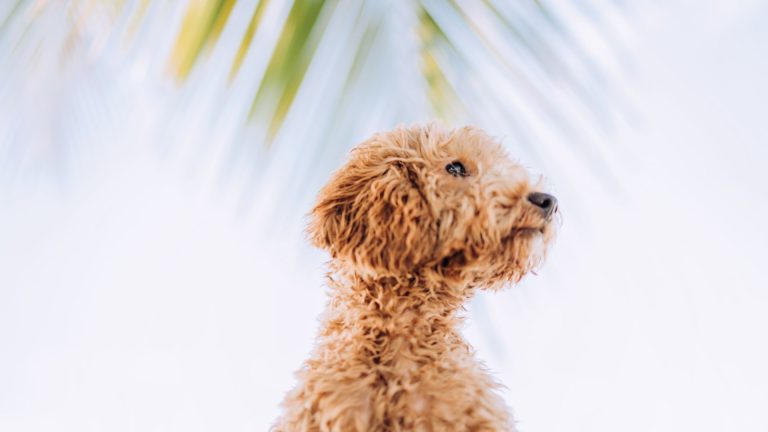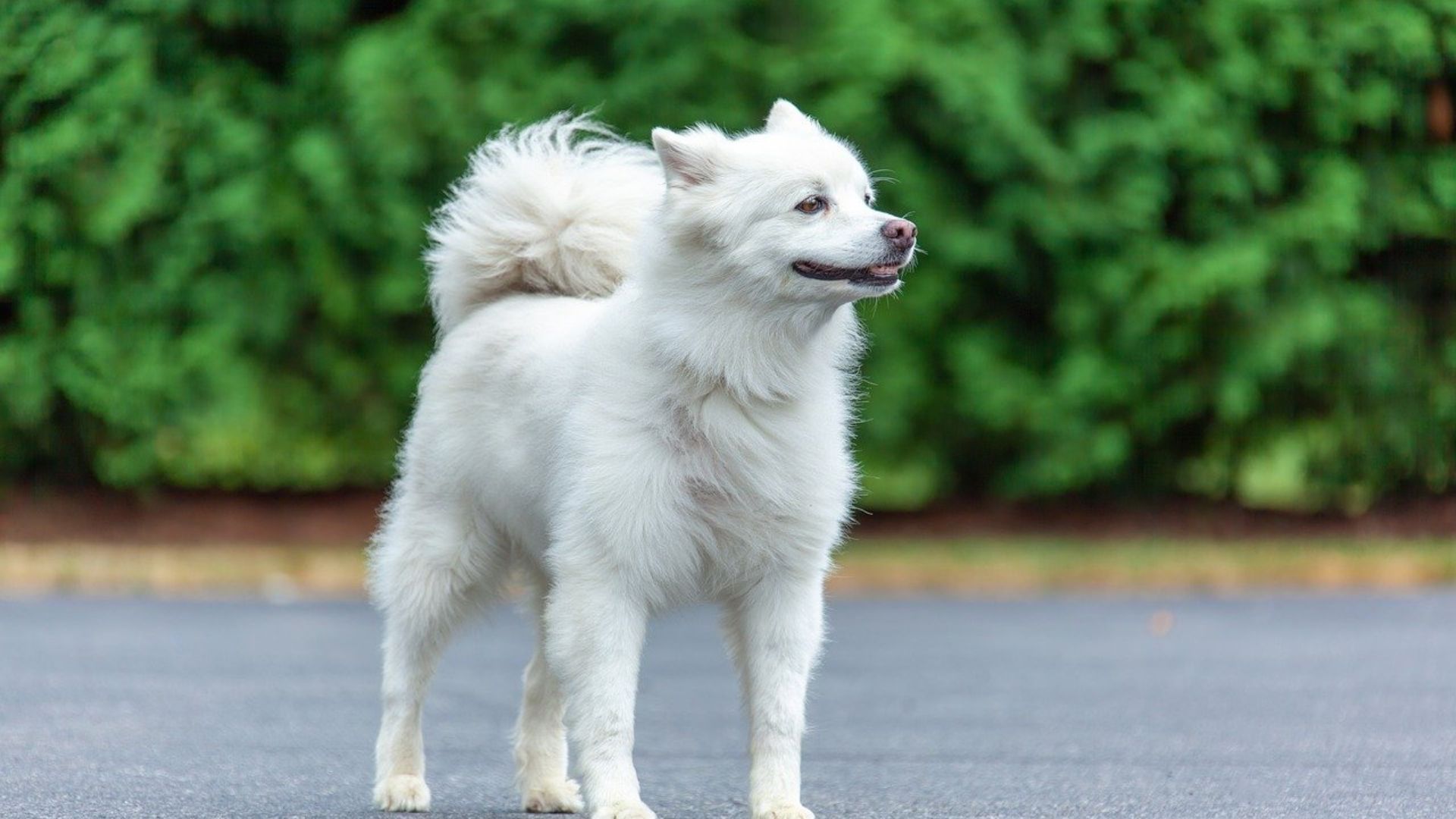
Contents
American Eskimo Dogs, affectionately known as “Eskies,” are a breed that blends beauty, intelligence, and a friendly demeanor. These dogs, with their iconic fluffy white coats and dark, expressive eyes, are as charming as they are intelligent. But owning an American Eskimo Dog comes with responsibilities that go beyond regular pet care. To ensure your Eskie thrives, it’s important to understand their unique history, personality traits, and specific care needs. In this guide, we’ll cover everything from their origins to the best ways to care for and train them.
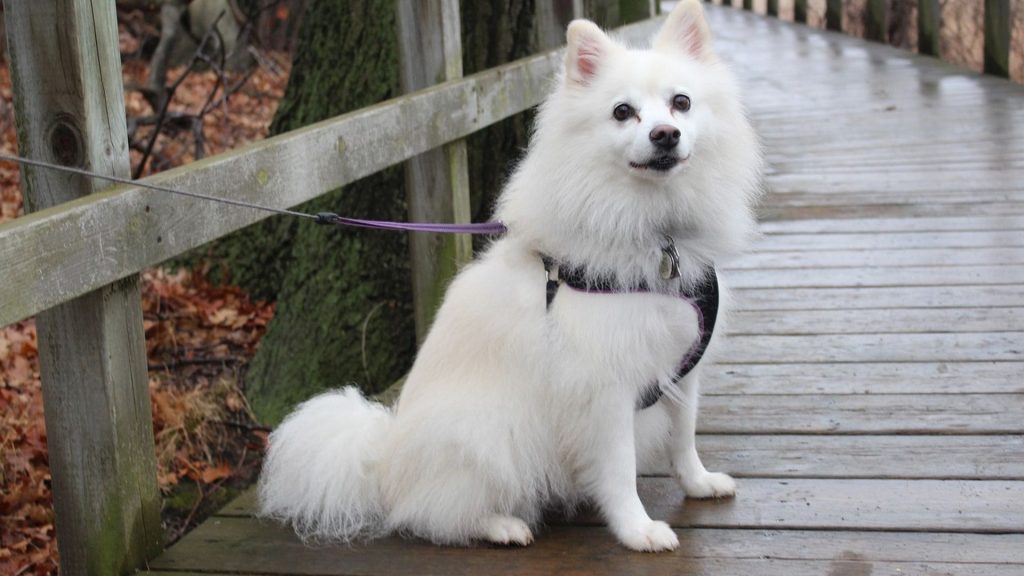
The History of American Eskimo Dogs
Despite what their name might suggest, American Eskimo Dogs aren’t from Alaska or associated with the Eskimo culture. Their roots trace back to Germany, where they were originally part of the Spitz family. These dogs were bred as versatile working dogs, excelling as guard dogs, herders, and even circus performers thanks to their agility and intelligence.
In the late 19th century, German immigrants brought these Spitz-type dogs to America. During World War I, anti-German sentiment led to a rebranding of the breed, and they were renamed “American Eskimo Dogs” to distance them from their German origins. The breed quickly gained popularity in the U.S., especially as circus dogs, where their ability to learn tricks and perform stunts made them a crowd favorite.
Personality Traits and Temperament
American Eskimo Dogs are known for their friendly and outgoing nature. They’re social creatures that thrive on interaction with their human families. Eskies are highly intelligent, which is both a blessing and a challenge. Their intelligence makes them easy to train, but it also means they need plenty of mental stimulation to prevent boredom, which can lead to destructive behaviors.
These dogs are also known for being excellent watchdogs. They’re naturally alert and will bark to alert their owners of anything unusual. However, this can sometimes lead to excessive barking, so early training is essential to manage this trait.
Eskies are generally good with children and other pets, making them a great choice for families. However, their playful nature means they need plenty of exercise and activities to keep them happy and healthy.
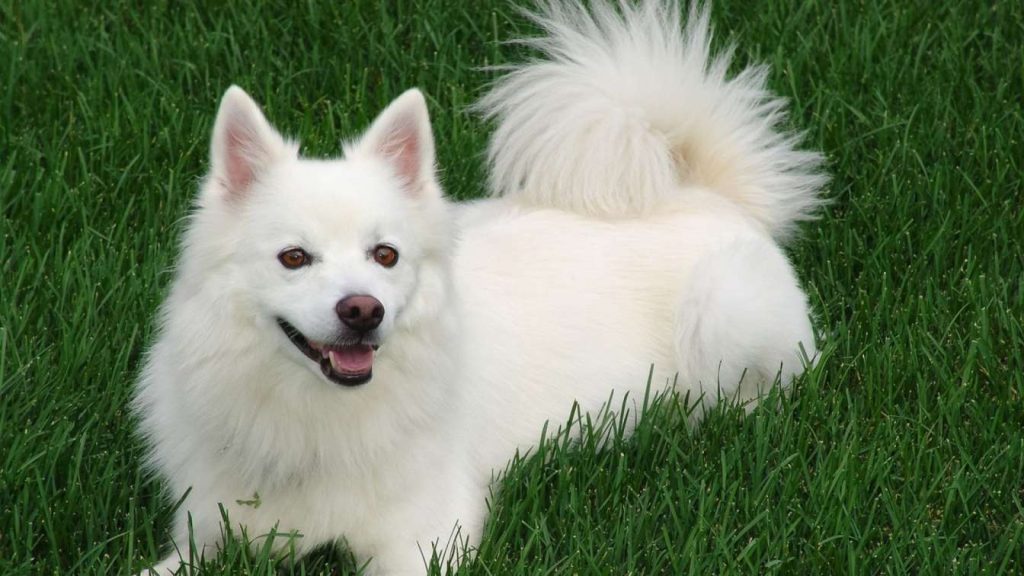
Caring for an American Eskimo Dog
1. Grooming Needs
One of the most striking features of the American Eskimo Dog is its thick, white coat. While beautiful, this coat requires regular grooming to keep it looking its best. Eskies have a double coat that sheds moderately throughout the year, with more intense shedding occurring during seasonal changes.
- Brushing: To keep their coat healthy and free of mats, it’s recommended to brush your Eskie’s coat at least two to three times a week. During shedding season, daily brushing might be necessary to manage the extra hair.
- Bathing: Bathing should be done as needed, typically every few months unless your dog gets particularly dirty. Over-bathing can strip the coat of natural oils, leading to skin issues.
- Dental Care: Regular dental care is important for Eskies, as they can be prone to dental issues. Brush their teeth several times a week and provide dental chews to help maintain oral health.
- Nail Trimming: Keep their nails trimmed to prevent discomfort or injury. If you can hear their nails clicking on the floor, it’s time for a trim.
2. Exercise and Mental Stimulation
American Eskimo Dogs are active and energetic, so they require regular exercise to stay happy and healthy. A daily walk is a must, but these dogs also love to run and play. If you have a fenced yard, letting them play outside is a great way to burn off some energy.
In addition to physical exercise, mental stimulation is crucial for this breed. Eskies excel at dog sports like agility, obedience, and even tricks training. Engaging your Eskie in these activities not only keeps them physically fit but also challenges their minds, preventing boredom.
3. Diet and Nutrition
Feeding your American Eskimo Dog a balanced diet is essential for their overall health. Choose high-quality dog food that meets their nutritional needs based on their age, size, and activity level. Eskies can be prone to obesity, so it’s important to monitor their weight and avoid overfeeding.
- Portion Control: Follow the feeding guidelines on your dog food packaging, but be prepared to adjust based on your Eskie’s specific needs. Regularly check their weight and adjust portions if necessary.
- Treats: While treats are a great way to reward your dog, they should be given in moderation. Opt for healthy, low-calorie treats, especially if your Eskie is prone to gaining weight.
4. Health Concerns
Like all breeds, American Eskimo Dogs are prone to certain health issues. Regular veterinary check-ups are crucial to catch any potential problems early.
- Hip Dysplasia: This genetic condition affects the hip joints and can lead to arthritis or lameness. Ensuring your Eskie maintains a healthy weight and providing joint supplements can help manage this condition.
- Progressive Retinal Atrophy (PRA): PRA is a group of genetic diseases that lead to blindness. Regular eye exams can help catch this condition early, although there’s no cure.
- Allergies: Eskies can be prone to allergies, which can manifest as skin irritation or gastrointestinal issues. Identifying and avoiding triggers, such as certain foods or environmental factors, can help manage allergies.
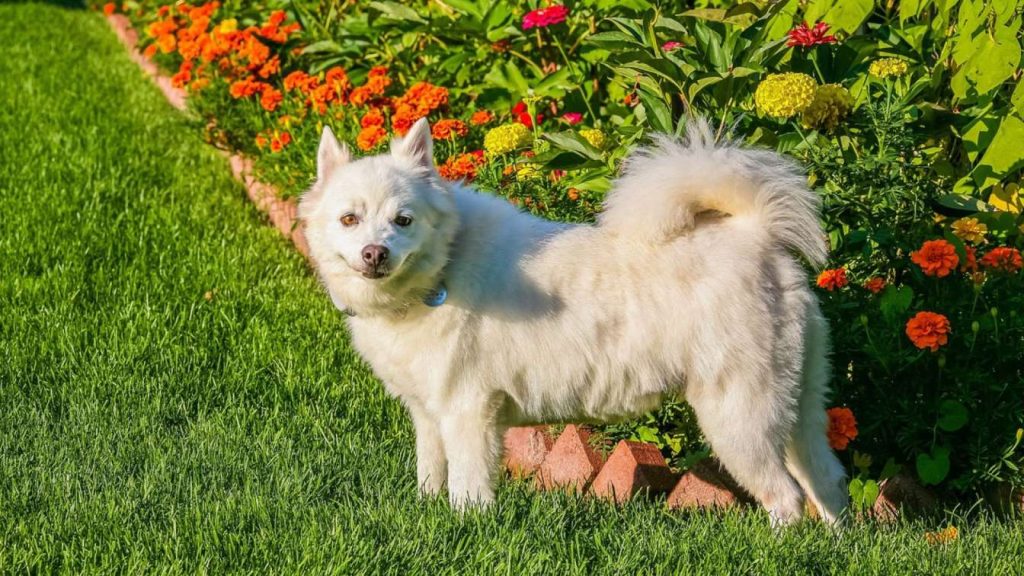
Training Tips for American Eskimo Dogs
Training an American Eskimo Dog can be a rewarding experience, thanks to their intelligence and eagerness to please. However, they can also be a bit stubborn, so consistency and patience are key.
1. Start Early
Begin training your Eskie as early as possible. Puppy classes can be a great way to start socialization and basic obedience training. Early training sets the foundation for a well-behaved adult dog.
2. Use Positive Reinforcement
American Eskimo Dogs respond best to positive reinforcement techniques, such as treats, praise, and play. Avoid harsh corrections, as these can lead to fear and anxiety.
3. Socialization is Key
Expose your Eskie to a variety of people, places, and other animals from a young age. This helps prevent shyness or aggression later in life. Regular socialization also keeps your dog mentally stimulated and well-adjusted.
4. Address Barking Early
As natural watchdogs, Eskies can be prone to excessive barking. Teach them a “quiet” command early on, and be sure to reward them when they follow it. Consistent training will help curb this behavior.
Final Thoughts
Owning an American Eskimo Dog is a joy, but it also comes with responsibilities. Their intelligence, beauty, and lively personality make them a wonderful addition to any family, but they require regular grooming, exercise, and training to thrive. By understanding their needs and providing the proper care, you can enjoy a long, happy life with your Eskie.

Hello, I’m Donna Carter, the founder and writer behind PetFleck.com. My journey with dogs started years ago, and it’s been a passion that has only grown stronger over time. I’ve always been fascinated by the unique behaviors and characteristics of different dog breeds, and this curiosity has led me to dive deep into the world of canine studies.
My love for dogs is the driving force behind everything I do. I’ve dedicated countless hours to researching and understanding the nuances of dog care, training, and breed-specific traits. This dedication helps me create content that is not only informative but also genuinely helpful for fellow dog lovers and owners.
At PetFleck, I combine my extensive knowledge and hands-on experience with my passion for dogs to provide valuable insights and tips. Whether it’s exploring different breeds or offering practical advice on dog care, I aim to share knowledge that makes a real difference in the lives of dogs and their families.
I’m thrilled to share my love for dogs with you through my writing. I hope my articles inspire and inform, helping you to better understand and appreciate the incredible bond we share with our furry friends.
Thank you for visiting PetFleck.com, and I look forward to connecting with you through our shared love of dogs!
